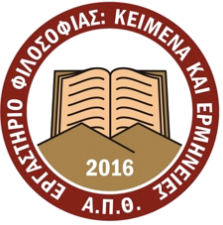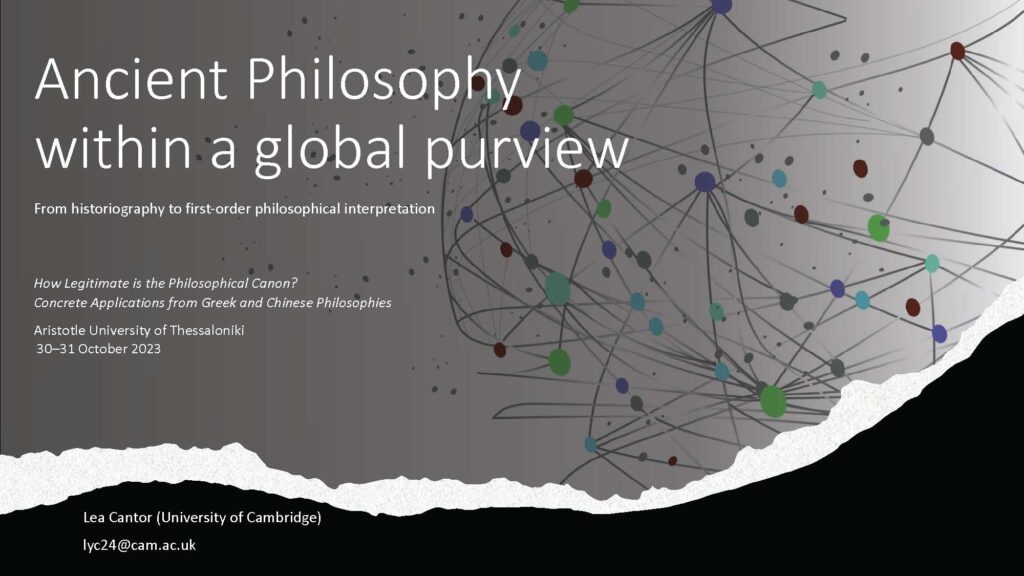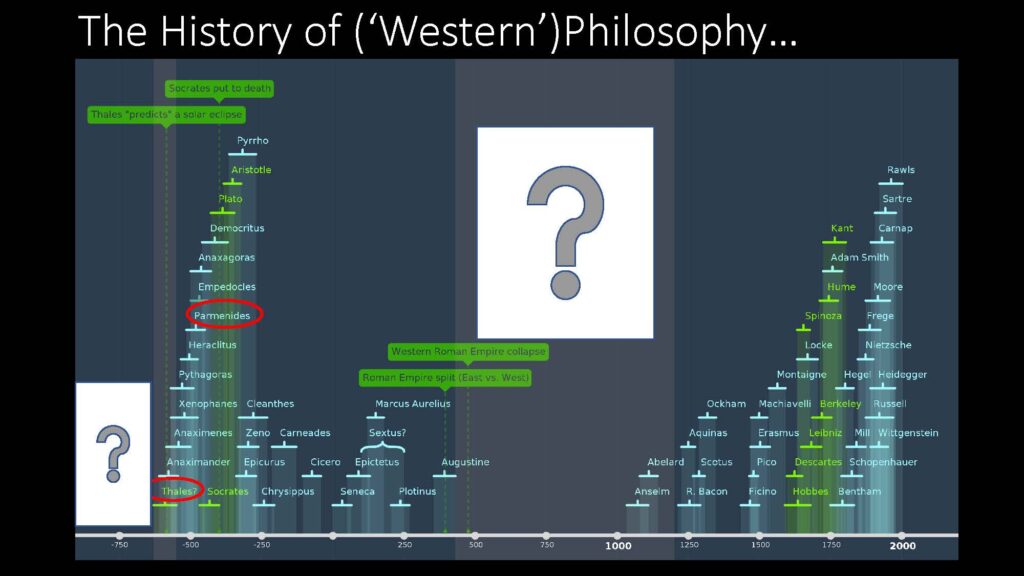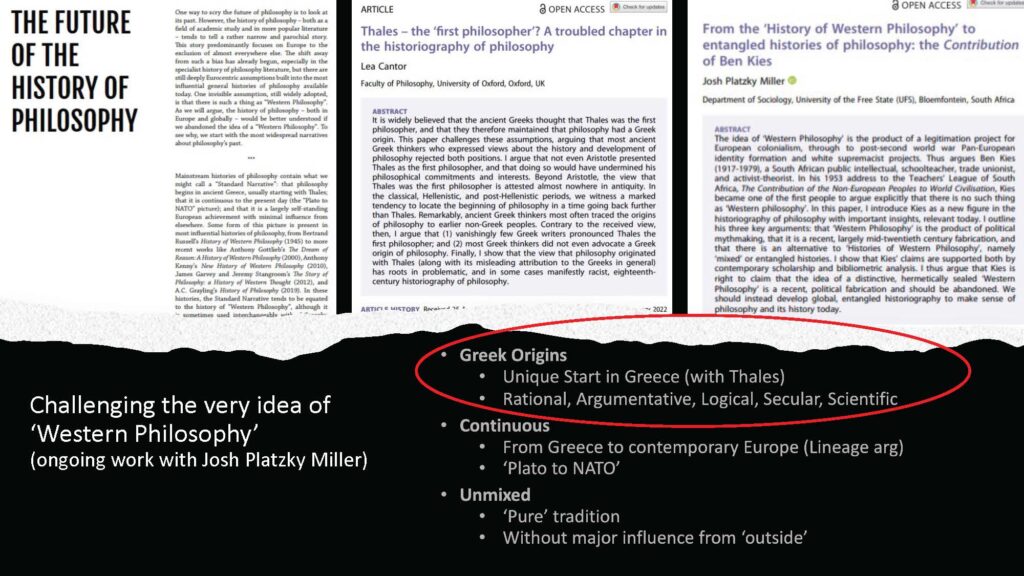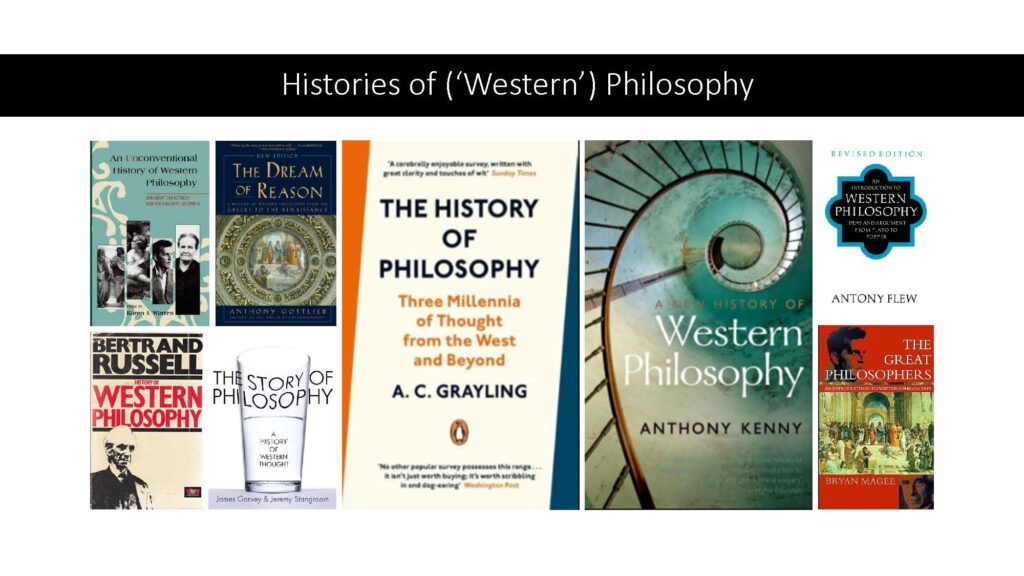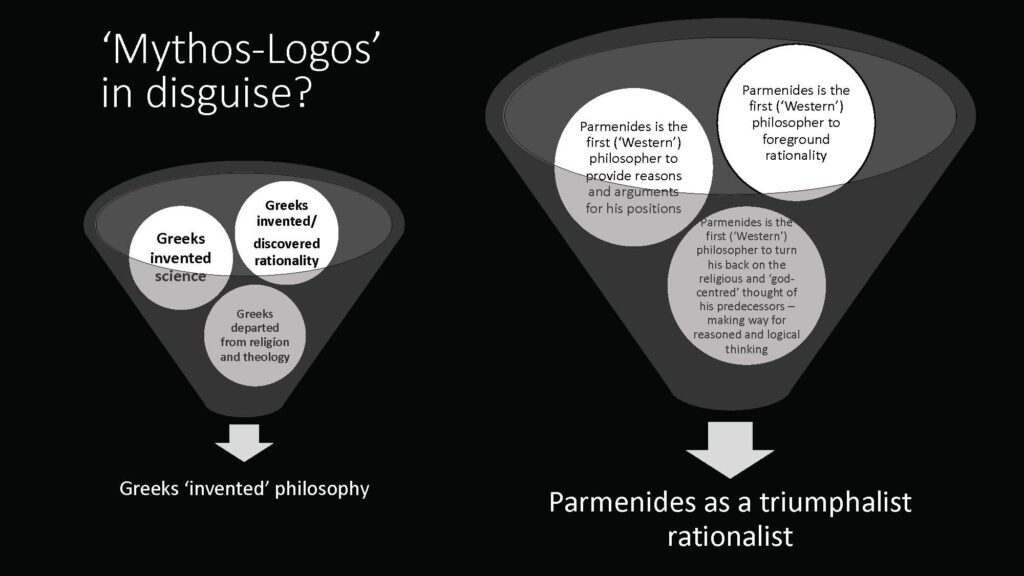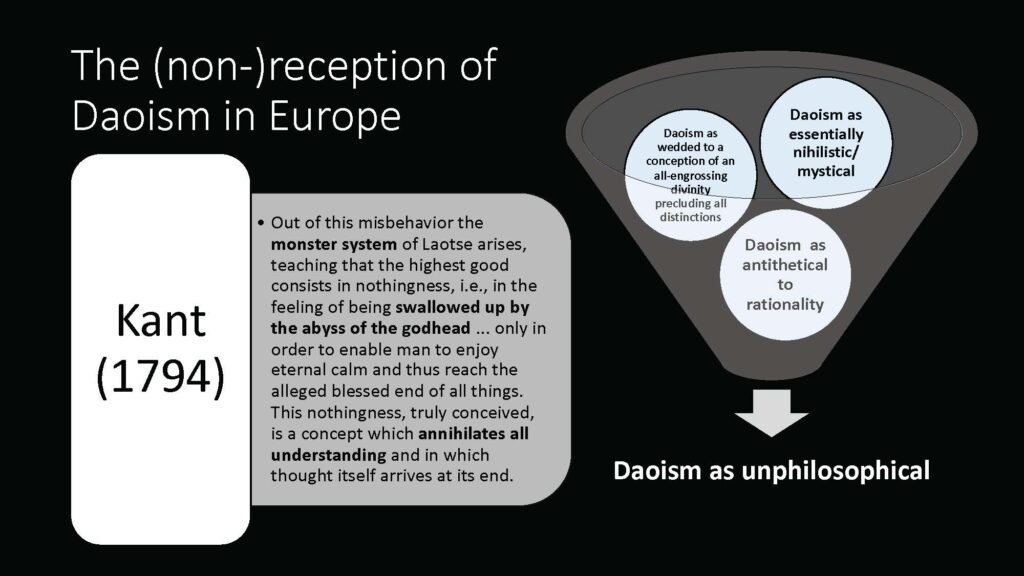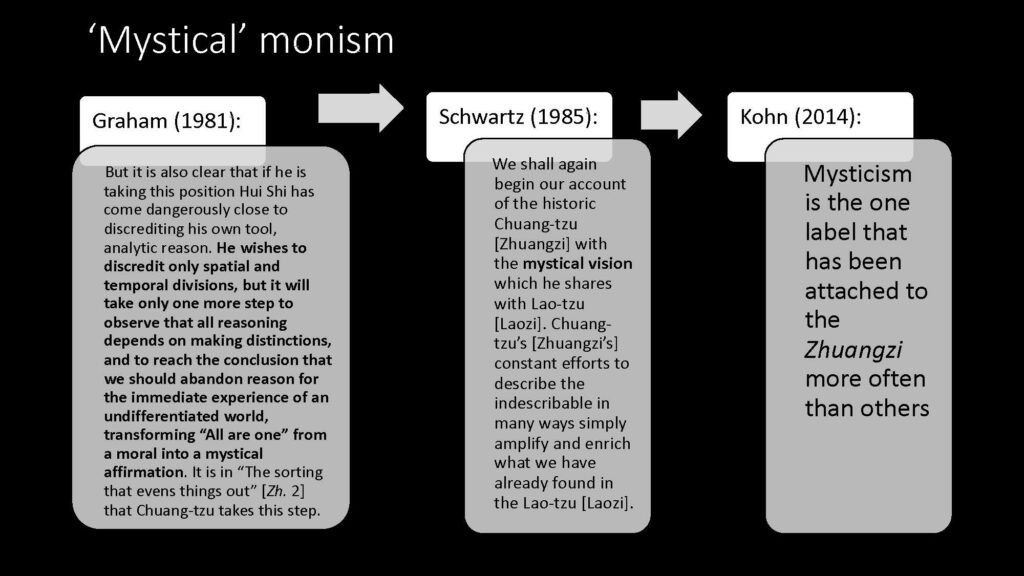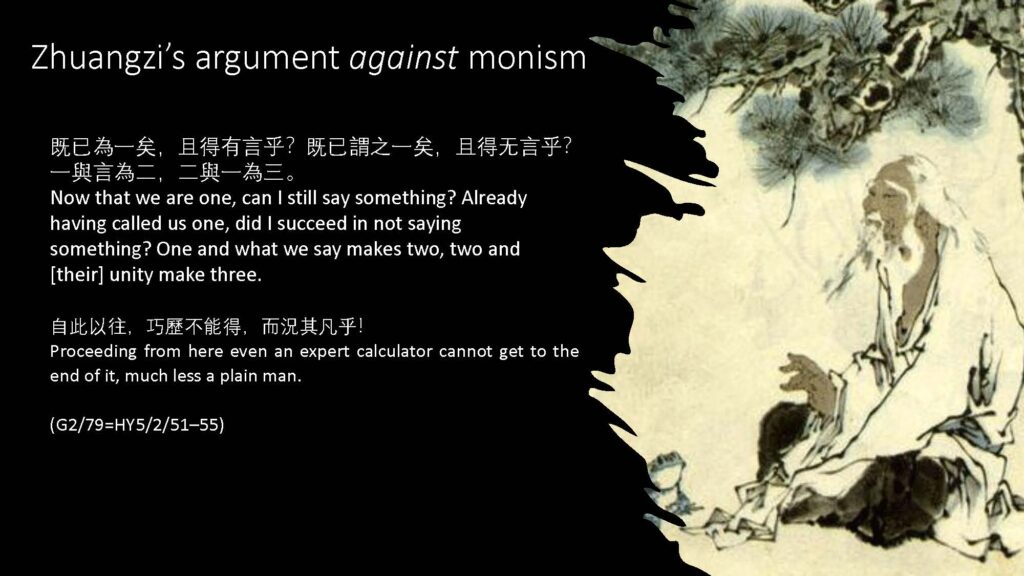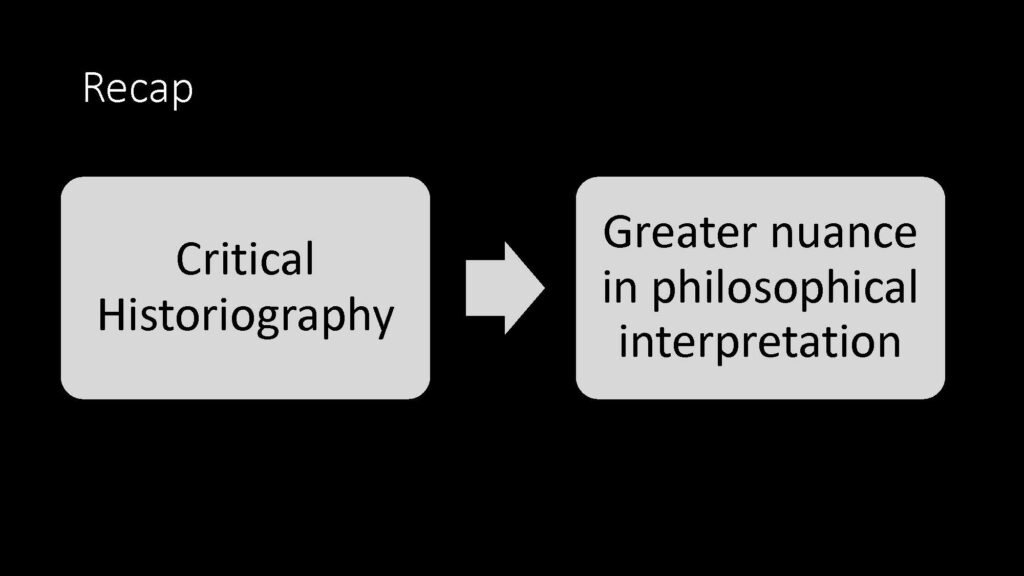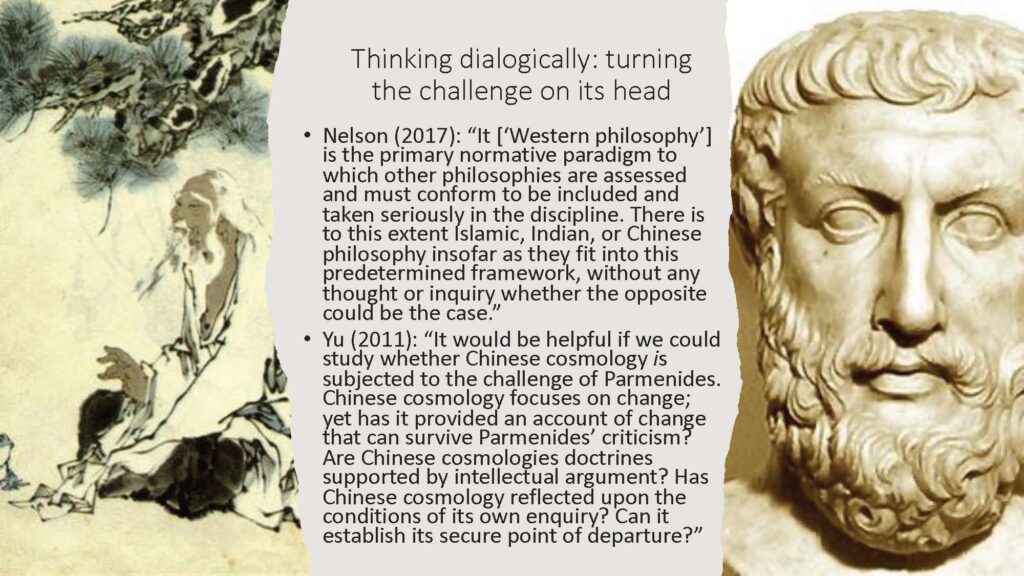Ancient philosophy within a global purview: from historiography to first-order philosophical interpretation
Lea Cantor (University of Cambridge)
Abstract
In this talk, I argue that widespread misconceptions about the early history of philosophy hamper engagement with ancient philosophy within a global purview. I focus on two specific and consequential cases, which are foundational texts in ancient Greek and classical Chinese philosophy, respectively: the fragments of the ‘Presocratic’ thinker Parmenides, and the classical Chinese text Zhuangzi, named after its legendary author. I argue that the roles we see ascribed or denied to these thinkers in macro-narratives about the history of philosophy distort the ways in which we read and interpret their respective philosophical projects.
Parmenides is a figure generally regarded as the rationalist par excellence of ‘Western Philosophy’, and indeed of philosophy tout court (the two categories being often perceived as interchangeable). The more this narrative gets repeated, the greater the urge to read Parmenides as a thinker bent on unreservedly vindicating the power of human reasoning. My proposal is that the ossified view of Parmenides as a triumphalist rationalist misses the true depth of his reflections on the possibilities of human knowledge. I suggest that there are exegetical and philosophical reasons to doubt that Parmenides displayed unmitigated epistemological optimism as to humans’ potential to achieve knowledge of reality.
Unlike Parmenides, Zhuangzi has long been marginalized from the purview of ancient philosophy – despite exercising an immense influence on Chinese intellectual history, literature, and culture for the better part of two millennia. Daoist thinkers like Zhuangzi have been branded irrational, illogical, mystical, nihilistic, unreasoned –even unphilosophical– for as long as the Greeks have been championed as the initiators and figureheads of philosophical rationality. As a result, scholars have been slow to recognize Zhuangzi’s sophisticated philosophical reflections in the realm of metaphysics and epistemology; including, inter alia, on the issue whether monism is a coherent and/or defensible view to hold. I argue that revisiting Parmenides’ and Zhuangzi’s philosophies dialogically, with a critical eye to metaphilosophical and historiographical work relating to the ancient world, leads to substantial rethinking of their respective philosophies.
Lea Cantor is a Research Fellow in philosophy at Peterhouse, University of Cambridge. She recently completed her doctorate in philosophy at the University of Oxford. Her thesis focused on the impact of broad historiographical narratives in the history of philosophy on issues in philosophical interpretation of early Greek philosophy and classical Chinese philosophy. Lea recently published “Thales – the ‘first philosopher’? A troubled chapter in the historiography of philosophy” in the British Journal for the History of Philosophy (BJHP 30.5, 2022: 727-750), which was awarded the BJHP Beaney Prize (2022) for the best contribution to widening the canon.
